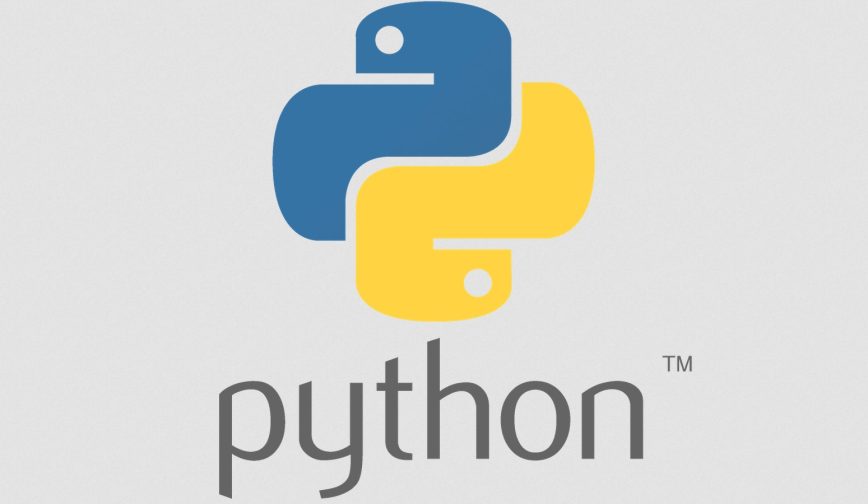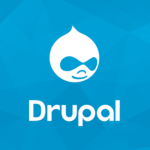What exactly is Python used for – Python is a powerful and versatile programming language that has gained immense popularity in recent years. Its simplicity, readability, and extensive libraries make it a preferred choice for various applications. In this article, we will explore the different uses of Python and how it has revolutionized the programming landscape.
Introduction
Python is a high-level programming language known for its clear and concise syntax. It was created by Guido van Rossum in the late 1980s and has since become one of the most widely used languages in the world. Its popularity can be attributed to its versatility and ease of use.
1. Overview of Python
Python is an interpreted language, which means that it does not require compilation before execution. This makes it highly accessible for beginners and allows for quick prototyping and development. The language supports multiple programming paradigms, including procedural, object-oriented, and functional programming.
2. Python’s Versatility
One of the key strengths of Python is its versatility. It can be used for a wide range of applications, from web development to scientific computing. Let’s explore some of the main areas where Python excels.
3. Web Development
Python provides powerful frameworks such as Django and Flask, which simplify web development tasks. These frameworks offer robust features for building scalable and secure web applications. Python’s ease of use and extensive documentation make it a popular choice for web developers.
4. Data Analysis and Scientific Computing
Python has become a leading language for data analysis and scientific computing. Libraries like NumPy, pandas, and SciPy provide efficient data structures and algorithms for numerical computations. Additionally, tools like Jupyter Notebook facilitate interactive data exploration and visualization.
5. Artificial Intelligence and Machine Learning
Python has gained significant traction in the field of artificial intelligence (AI) and machine learning (ML). Libraries such as TensorFlow, Keras, and PyTorch enable developers to build and train sophisticated neural networks. Python’s simplicity and rich ecosystem make it an ideal language for AI and ML projects.
6. Automation and Scripting
Python’s readability and ease of use make it a popular choice for automation and scripting tasks. Whether it’s automating repetitive tasks, writing scripts to process data, or creating system administration tools, Python provides a simple and efficient solution.
7. Gaming and Graphics
Python is not typically associated with gaming, but it offers libraries like Pygame that enable game development. While Python may not be the best choice for high-performance games, it can be used for prototyping, game logic, and simple graphics.
8. Education and Learning
Python’s simplicity and gentle learning curve make it an excellent language for beginners. Many educational institutions use Python to introduce programming concepts and foster computational thinking. Its readability and extensive online resources make it easy for self-learners as well.
9. Python Libraries and Frameworks
Python boasts a vast collection of libraries and frameworks that enhance its capabilities. These libraries provide pre-built functions and modules that developers can leverage to save time and effort. Whether you need to work with data, create graphical user interfaces, or perform complex calculations, Python has a library for almost every task.
10. Job Opportunities
Proficiency in Python opens up a world of job opportunities. With its widespread adoption, many companies are seeking professionals skilled in Python programming. From web development to data analysis to machine learning, Python expertise is in high demand across various industries. Learning Python can greatly enhance your career prospects.
11. Python’s Community and Resources
Python has a vibrant and supportive community. Online forums, discussion groups, and developer communities provide a wealth of resources for learning and problem-solving. The open-source nature of Python encourages collaboration and sharing of knowledge. Whether you’re a beginner or an experienced programmer, you’ll find ample support and guidance within the Python community.
12. Python vs. Other Programming Languages
Python is often compared to other programming languages like Java, C++, and Ruby. While each language has its strengths and use cases, Python stands out for its simplicity and ease of use. It emphasizes code readability and offers a gentle learning curve, making it an attractive choice for beginners. Additionally, Python’s extensive libraries and frameworks make it a versatile language for a wide range of applications.
13. Future of Python
The future of Python looks promising. Its simplicity, versatility, and large community support have contributed to its widespread adoption. As technology advances, Python continues to evolve and adapt to new challenges. The language is constantly updated with new features and improvements, ensuring its relevance in the ever-changing programming landscape.
Conclusion
In conclusion, Python is a powerful programming language with a multitude of applications. Its versatility makes it suitable for web development, data analysis, AI, automation, and much more. Whether you’re a beginner learning the basics or an experienced developer seeking to expand your skill set, Python offers a user-friendly and effective platform for building innovative solutions.
FAQs
1. Is Python a good language for beginners?
Absolutely! Python’s simplicity and readability make it an excellent choice for beginners. Its gentle learning curve allows newcomers to grasp programming concepts quickly.
2. Can Python be used for web development?
Yes, Python is widely used for web development. Frameworks like Django and Flask provide robust features for building scalable web applications.
3. What industries require Python skills?
Python skills are in demand across various industries, including technology, finance, healthcare, and data analysis. Many companies rely on Python for its versatility and efficiency.
4. Are there job opportunities for Python developers?
Yes, proficiency in Python opens up numerous job opportunities. Python developers are sought after for roles in web development, data analysis, machine learning, and automation.
5. Where can I learn Python?
There are many online resources and tutorials available to learn Python. Websites like Codecademy, Coursera, and Python.org offer comprehensive Python courses and documentation.
com Domain Registration | Buy a .com Domain Name Today
Search The Domain Name You Want com Domain Registration – The internet has become an
-
Best Ransomware Detection Techniques
22 May 2023 -
What is Drupal used for?
22 May 2023 -
Is PrestaShop a CMS or Framework?
22 May 2023






